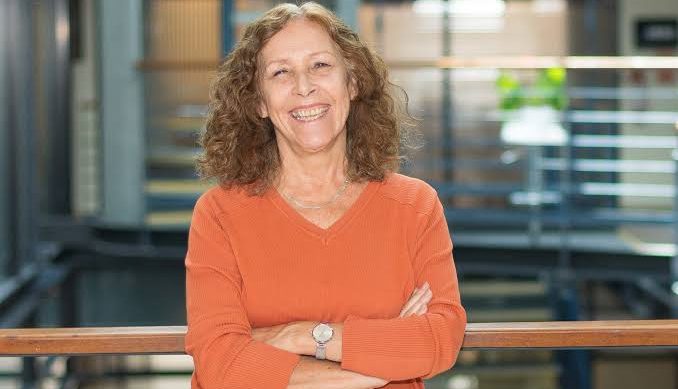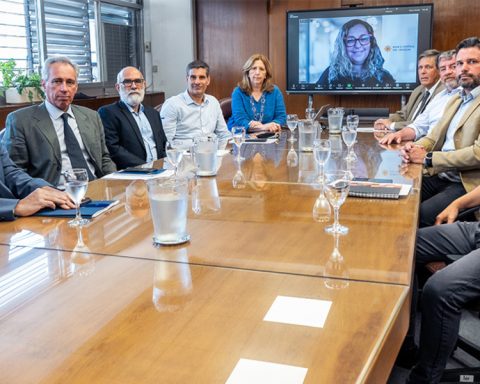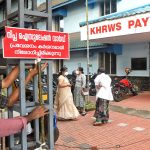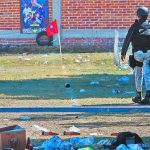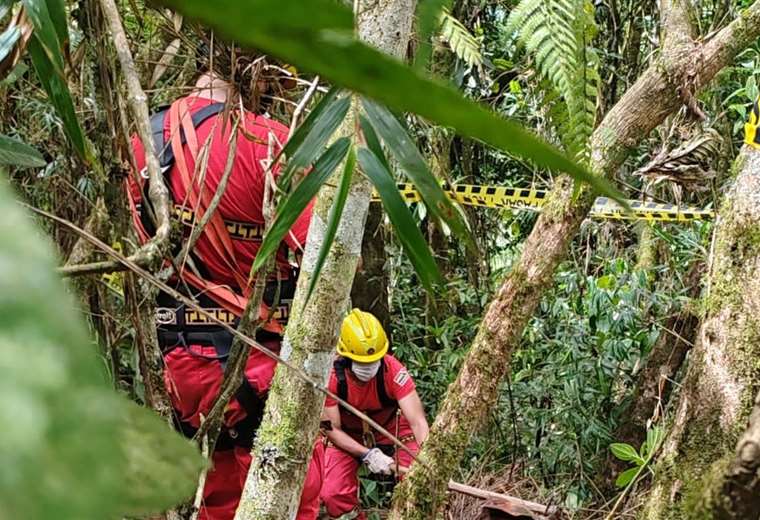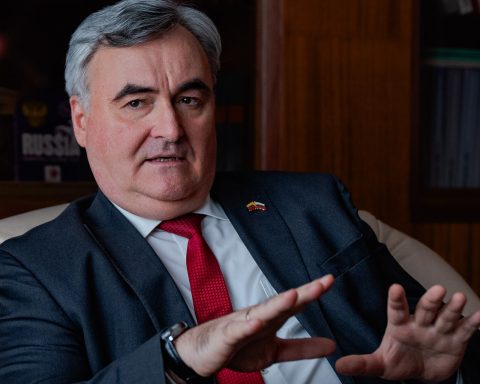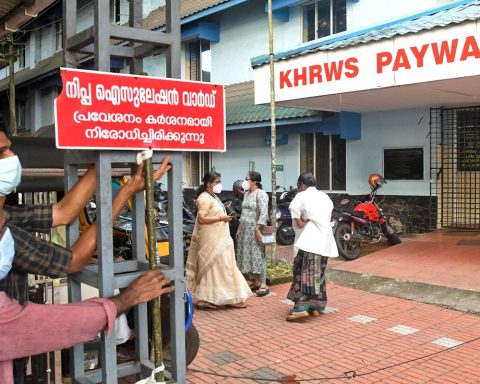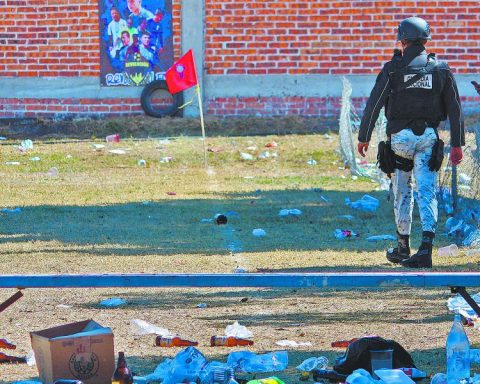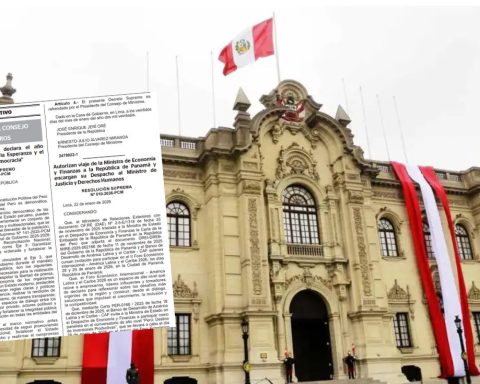Diario La R: How do you evaluate the electoral campaign that we have just gone through?
Constanza Moreira: Well, it was a campaign for distance runners, a campaign that started in March and now ends in November. It was very demanding and loaded. From the first moment, the Frente Amplio put everything on the table, and that allowed it to reach 412 thousand votes in the first round.
Then, the campaign for the second round was also super demanding. The Frente Amplio rearmed itself internally, and so did other parties, which went through restructuring processes in their electoral offers. Although the October campaign started a little late, it was tremendously intense.
Diario La R: What do you think was at stake in this election?
Constanza Moreira: In this election the usual was played: the impulse and the brake, the two country projects. On the one hand, the progressive country and the popular camp, and on the other, the conservative country and the economic resources. It is a historical dispute that we already saw at the beginning of the last century, between Batllismo and conservatism. Although the actors have changed, the country is still two halves, with tiebreakers always tight.
Diario La R: What are, in your opinion, the most urgent priorities for the country?
Constanza Moreira: The number one urgency is to recover the sustainability of public companies. You have to keep an eye on that from day one. For example, it is key to activate a protest or a call to prevent the government from signing the NEPTUNO project in a hurry. If they sign it now, we’ll have to pay for it later.
In addition, we must address UTE’s business plan, which is very perforated. Then come the usual priorities: health and education. Health is very bad, especially in the private sector, where access to medicines is lacking. That has been an important theme in this campaign.
Diario La R: You mentioned child poverty as a concern. What do you propose in this regard?
Constanza Moreira: Yes, it worries me a lot. I believe that we must prioritize the situation of households headed by women without a spouse, which are the ones that are showing the greatest increase in the percentage of children living in poverty and extreme poverty. This is an issue that should set the agenda from the beginning.
